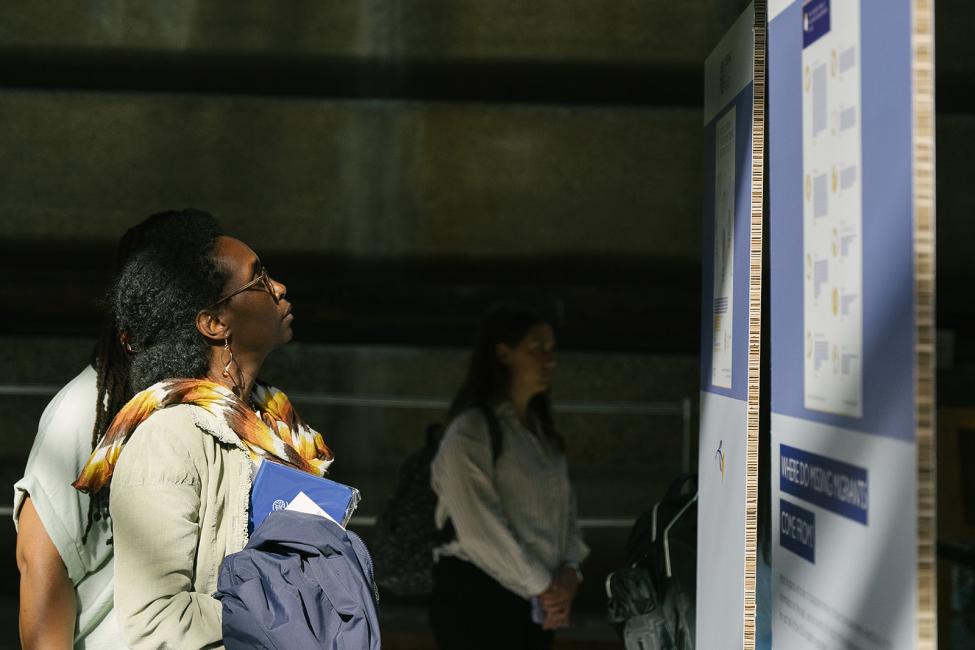-
Who we are
WHO WE AREThe International Organization for Migration (IOM) is part of the United Nations System as the leading inter-governmental organization promoting humane and orderly migration for the benefit of all. IOM has had a presence in the United Kingdom since 1995.
About
About
IOM Global
IOM Global
-
Our Work
Our WorkAs the leading inter-governmental organization promoting humane and orderly migration, IOM plays a key role to support the achievement of the 2030 Agenda through different areas of intervention that connect both humanitarian assistance and sustainable development. In the UK, IOM supports migrants through a variety of resettlement, support and protection activities.
Cross-cutting (Global)
Cross-cutting (Global)
- Data and Resources
- Take Action
- 2030 Agenda
According to IOM’s Missing Migrants Project, over 66,710 lives have been lost during migration journeys worldwide since 2014, most of whom on maritime routes.
On Refugee Week 2024, IOM UK organised an event and a pop-up display hosted at the Royal Museums Greenwich in London at the entrance of the National Maritime Museum, to bring attention to one of the most pressing humanitarian issues of our time and call for urgent action to prevent further tragedies.
The Missing Migrants Project was established in 2014 following two catastrophic shipwrecks near Lampedusa that claimed over 600 lives. It is the only global open-access database of migrant deaths and disappearances and the sole indicator on safe migration in the United Nations’ Sustainable Development Goals.
The pop-up installation was open to the public for two weeks to raise awareness of the many lives lost on migration journeys and to call for action to protect people on the move and save lives by providing more regular and safer pathways.
IOM UK also hosted a special screening of the Oscar-nominated ‘Io Capitano’ inside the historic ship Cutty Sark. Sharing this story of Seydou and Moussa, two Senegalese boys who leave Dakar to travel to Europe offered a deeply human perspective on migration journeys.
“Every death is one too many,” said Christa Rottensteiner, Chief of Mission of IOM UK. “We need more regular pathways for migrants to move safely. Saving lives and protecting people needs to be the priority.” She also mentioned the positive impact of migration in host communities, highlighting that “migration, when well-managed, is a force for good and should not be seen as a problem that needs to be solved.”
“In 2023 alone, over 8,500 deaths were recorded, making it the deadliest year on record,” said Andrea Garcia, representative of the Missing Migrants Project. “These figures represent real people—families, friends and loved ones who faced unimaginable risks.”
Every death is a personal loss. It is someone’s brother, sister, mother, friend... The installation also showcases unique testimonies of migrants who survived difficult journeys and relatives of migrants who disappeared or died on migration journeys.
“No one puts their children in a boat unless the water is safer than the land,” said Andrea, mentioning a quote from Warsan Shire’s poem ‘Home’.














